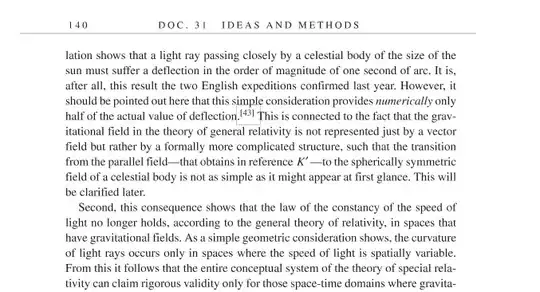Good question. Although the speed of gravity is approx. 3x10^8 meters per second, the acceleration at the Earth's surface is as you describe ~9.8m/s^2. If you choose the Earth as the heavy mass your proton in question is approaching, and forgo magnetic influence, then you would realize that the increase in acceleration is negligible as compared to the velocity of the proton in question.
As to your additional question. If the closed system is defined; momentum is conserved. Therefore p=mv in order to conserve momentum, any change in v, for instance will affect m so as to keep p constant. However,if you consider your reference proton; as the Higgs Boson is now a reality, then too must the Higgs field exist. As the Higgs field is universal, it would affect your proton as it travels over time. The particle would gain mass from the Higgs Field. Therefore, to maintain momentum, the velocity would have to decrease over time also. Therefore, if you extend the time period, the proton would increase in mass but then that brings up the question, what affect does the Higgs field have on the charge of the proton. As the proton increases in mass, does there come a time it is no longer a proton because if using d to represent charge density, then delta d/delta t has to be considered.
I add this upon further reflection. In accordance with conservation of momentum; if mass crosses the boundary of a closed system, then the law of conservation no longer holds. Yet the Higgs field adds mass, but the field has no mass...challenging the conservation of mass principle perhaps in definition only.
